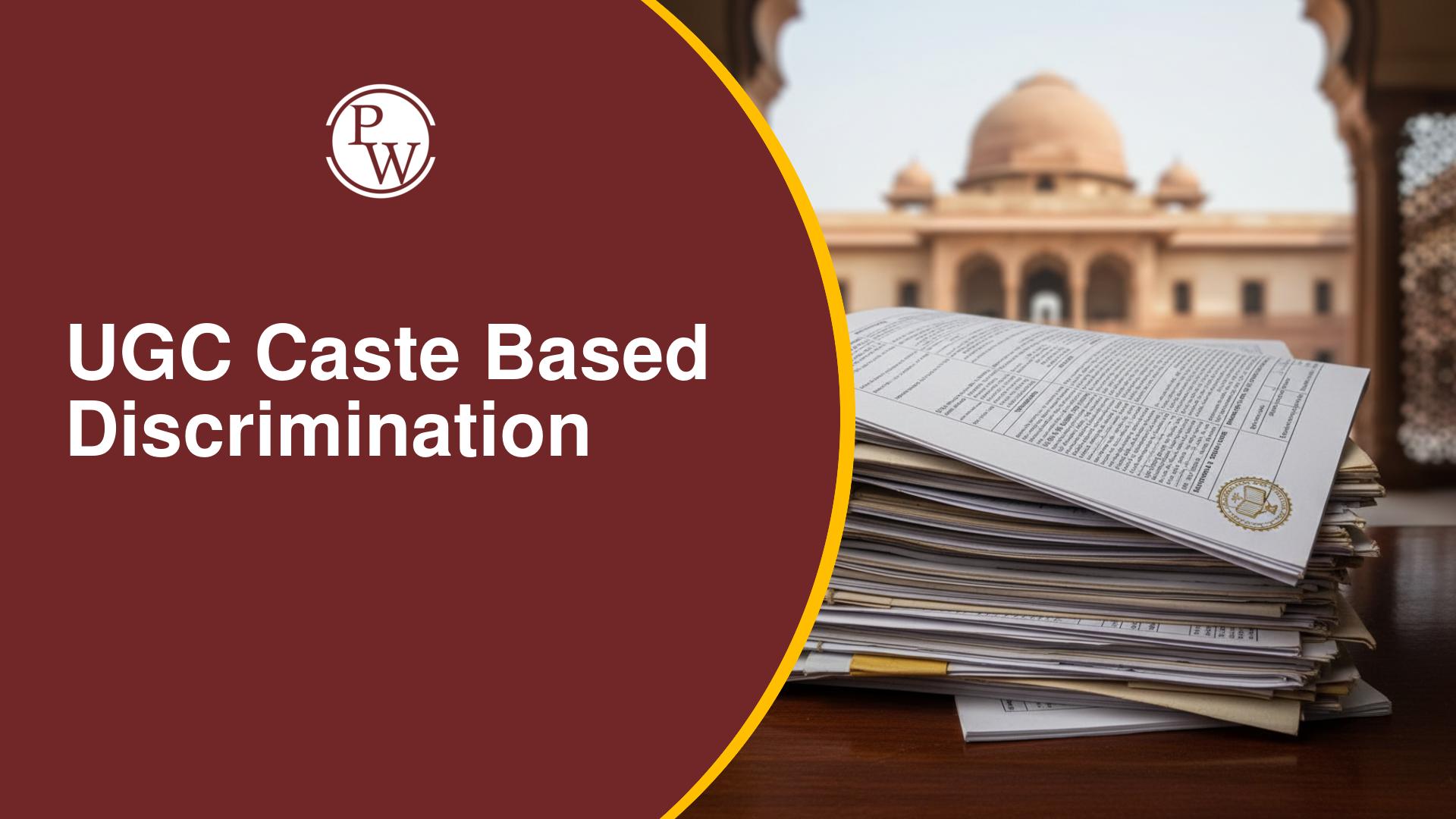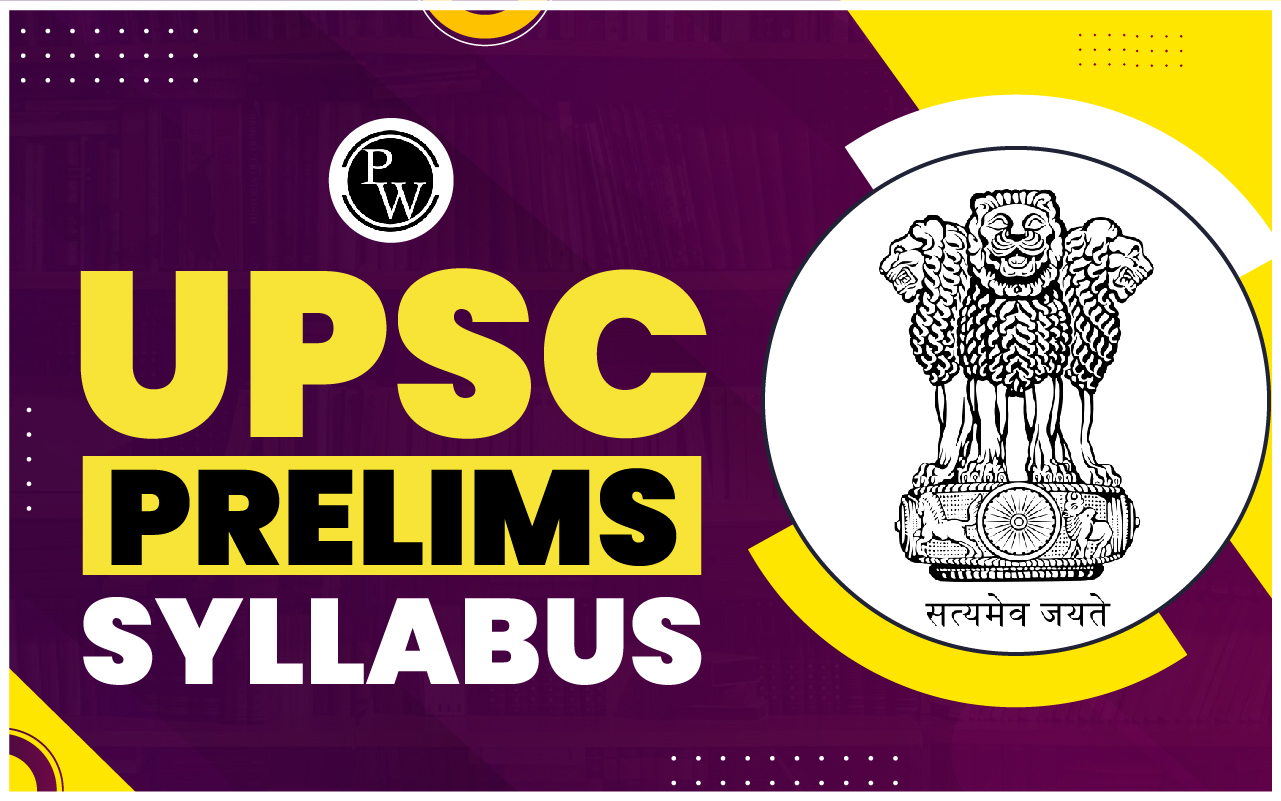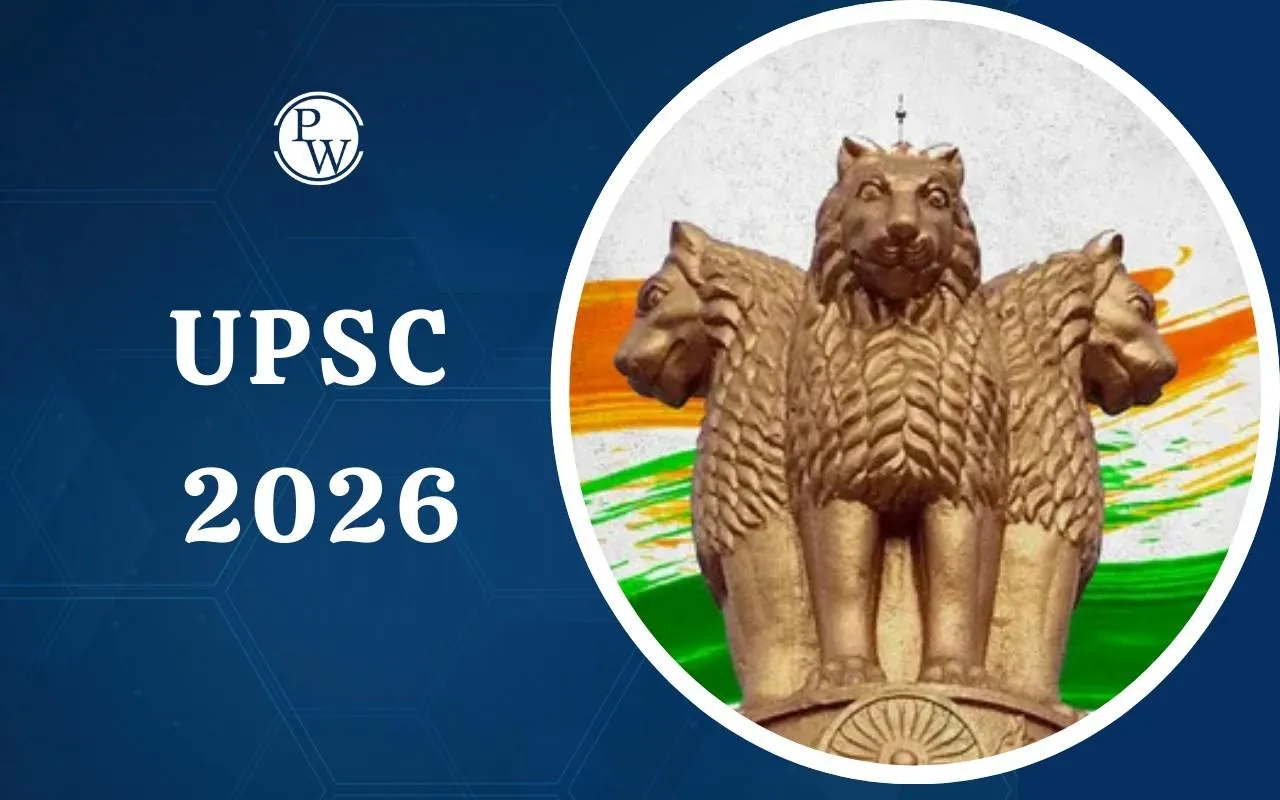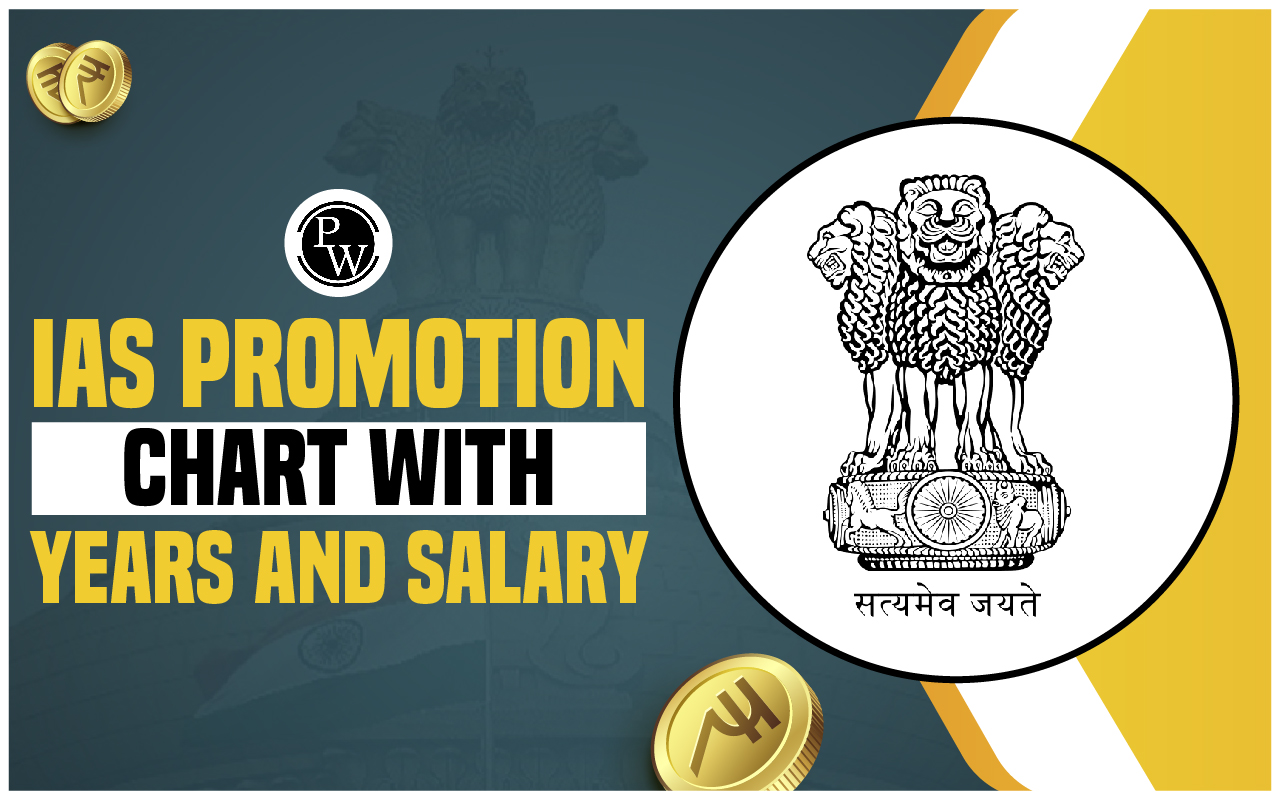
UPSC Odia Literature Syllabus 2025: Candidates opting for the UPSC exam with a keen interest in exploring the rich tapestry of Odisha's cultural and literary heritage have the opportunity to choose Odia Literature as their optional subject. Being one of the 48 optional subjects offered for the UPSC IAS Mains exam, Odia Literature stands out as one of the 23 literature languages available for aspirants. This optional subject is a portal to understanding the profound literary traditions , the linguistic diversity , and the vibrant literary landscape of the Odia language.
Choosing Odia Literature as an optional subject for the UPSC Civil Services Mains Examination offers a deep dive into the essence of Odisha's culture , history , and literature . If you are inclined towards making Odia Literature your optional choice, this guide will walk you through the UPSC Odia Literature syllabus for Paper I and Paper II , inclusive of preparation strategies , previous year's question papers, exam patterns , and recommended books .UPSC Odia Literature Syllabus 2025
Odia, an Indo-Aryan language , is primarily spoken in the state of Odisha and by minorities in the neighbouring states. It is also one of the six Indian languages to be awarded the status of a classical language of India. It is known for its rich literary history, that spans more than a thousand years. The literature of Odia has a diverse and profound body of work that includes poetry , novels , short stories , dramas , and essays , reflecting the region's historical milestones, philosophical thoughts, social reforms, and cultural ethos. The IAS Odia literature syllabus is comprehensive, covering a wide range of topics from ancient to modern Odia literature. The syllabus is meticulously divided into two papers - Paper I and Paper II , each carrying 250 marks. These papers aim to assess the candidate's understanding , analytical capabilities , and appreciation of Odia literary works. Here is a closer look at the detailed syllabus for both papers:UPSC Odia Literature from Tradition to Modernity
Odia literature is characterized by its versatility and richness , ranging from the devotionally inspired poetry of the Bhakti movement to contemporary literary expressions addressing modern societal issues. This literature captures the philosophical depths , cultural diversity , and social changes in Odisha over the centuries. From the devotional compositions of poets like Jayadeva in the medieval period to the pioneering contributions of modernists like Fakir Mohan Senapati and Gopinath Mohanty , Odia literature has continuously evolved, reflecting and shaping the socio-cultural fabric of Odisha.UPSC Odia Literature Syllabus 2025 for Paper I
Paper I of the USPC Odia Literature syllabus focuses on the history of Odia literature, literary criticism , the development of prose , poetry , and drama in Odia, and a detailed study of the linguistic features of Odia. This paper delves into the evolution , significant movements , and critical appreciation of Odia literature. Answers must be written in Odia . Paper I Syllabus| Section A - History of Odia Language |
| (i) Origin and development of Odia Language—Influence of Austric, Dravidian, Perso— Arabic and English on Odia Language. (ii) Phonetics and Phonemics: Vowels, Consonants Principles of changes in Odia sounds. (iii) Morphology: Morphemes (free, bound compound and complex), derivational and inflectional affixes, case inflection, conjugation of verb. (iv) Syntax : Kinds of sentences and their trans-formation, structure of sentences. (v) Semantics—Different types of change in meaning. Euphemism. (vi) Common errors in spelling, grammatical uses and construction of sentences. (vii) Regional variations in Odia Language (Western, Southern and Northern Odia) and Dialects (Bhatri and Desia). |
| Section B- History of Odia Literature |
| (i) Historical backgrounds (social, cultural and political) of Odia Literature of different periods. (ii) Ancient epics, ornate kavyas and padavalis. (iii) Typical structural forms of Odia Literature (Koili, Chautisa, Poi, Chaupadi, Champu). (iv) Modern trends in poetry, drama short story, novel essay and literary criticism. |
UPSC Odia Literature Syllabus 2025 for Paper II
UPSC Odia Literature Syllabus for Paper II demands an analytical and interpretative understanding of prescribed literary texts, covering various genres such as poetry, drama, novel, short story, essay, and biography/autobiography. Answers must be written in Odia. The paper II will require first hand reading of the text and test the critical ability of the candidate. Paper II Syllabus| Section A - Poetry |
|
| Section B |
|
Odia Literature Optional UPSC Exam Pattern
The exam pattern for the Odia Literature Optional is structured into two papers, each valued at 250 marks, culminating in a total of 500 marks. These descriptive papers test the candidates' comprehension , analytical abilities , and literary insights into the prescribed Odia texts.| Particular | Details |
| Mains Paper | Paper VI and Paper VII |
| Subjects | Odia Literature Optional Paper-I and Paper-II |
| Total Marks | 500 (250 Each) |
| Time allowed | 3 Hours for each paper |
| Sections | Section A and Section B |
| Questions | total 8 questions with subparts |
| Compulsory Question | Questions Nos. 1 and 5 |
| Marks Distribution | 10, 15, and 20 marker questions |
| Writing Language | Odia |
Pros and Cons of Choosing Odia Literature Optional
Opting for Odia Literature as your UPSC optional subject opens up a unique avenue to explore Odisha's rich literary and cultural landscape. While it offers several advantages, especially for those with a deep interest in or connection to Odia culture, there are also some challenges to consider.Pros of Choosing Odia Literature Optional:
- Cultural Depth: Odia offers a profound exploration into Odisha's cultural, historical, and social narratives, enriching your understanding of the region's identity and ethos.
- Scoring Potential: Due to less competition, well-prepared candidates can leverage Odia Literature to secure high marks.
- Less Competition: Odia Literature is less commonly chosen as an optional subject, which means candidates face less competition. Fewer candidates mean your unique insights can shine.
- Language Advantage: For native speakers or those with a strong background in Odia, this optional subject offers a direct way to apply their linguistic skills and cultural understanding, potentially making preparation more intuitive and engaging.
Cons of Choosing Odia Literature Optional:
-
- Language Barrier: Success in Odia Literature demands a high level of proficiency in Odia.
- Limited Resources: Compared to more popular optional subjects, there are fewer study materials, coaching centres, and preparation resources available specifically for Odia Literature.
- Limited Guidance and Mentorship: The availability of expert guidance or mentorship is less common, which can pose a challenge for candidates looking for structured feedback and insights into improving their answers and approach to the subject.
- Limited Utility: Syllabus of Odiya Literature has limited or no use with general studies papers. Hence, we need to dedicate extra time and efforts to its preparation.
Preparation Tips for UPSC Odia Literature Optional
Preparing for the UPSC Odia Literature optional for the IAS Mains exam demands a strategic approach tailored to mastering both the language and the literary wealth it represents. Here are concise strategies to enhance your preparation:- Minimize Grammatical Errors: Achieve proficiency in Odia to avoid common errors. Mastery in grammar is crucial for crafting high-quality answers.
- Engage with Paper II Texts: Begin by reading texts listed in the Paper II syllabus. Summarize these readings and seek expert feedback to refine your understanding and approach.
- Regularly Reading: Dive deep into the prescribed texts, paying close attention to the context, themes, and literary techniques employed.
- Effective Note-taking: While studying, make detailed Odia literature notes for UPSC and annotations to highlight important aspects for easier revision. Online resources, such as Odia literature notes in PDF format, can be beneficial.
- Consistent Writing Practice: Regularly practice writing essays and analytical answers to hone your writing skills and improve your time management during exams.
- Read Odia Newspapers: Regular reading of reputable Odia newspapers can significantly enhance your language skills. Summarize articles in your own words as a practice exercise.
- Previous Year Questions and Mock Tests: Solve past years’ question papers and take mock tests to evaluate your preparation level and identify areas needing improvement.
- Broaden Your References: Enrich your answers by incorporating references from literature in other languages, such as Sanskrit, Hindi, or English, adding depth and uniqueness to your responses.
- Collaborative Learning: Engage in discussions with peers or mentors to gain new perspectives. Regular revisions and discussions can solidify your grasp of the material.
Recommended UPSC Odia Literature Books
For a comprehensive understanding of the historical evolution of Odia literature, candidates must explore the richness of Odia fiction and poetry. Here we have listed some top books to boost your preparation to excel in the UPSC Mains exam: Oriya Literature Books for UPSC| UPSC Odia Literature Books | |
| 1. Ancient |
|
| 2. Drama |
|
| 3. Modern |
|
| 4. Short Story |
|
| 5. Novel |
|
| 6. Essay |
|
| 7. Other literary works are mentioned in the syllabus. | |
UPSC Odia Literature Syllabus FAQs
Is proficiency in Odia required to choose this optional?
Yes, a strong command of the Odia language is essential for understanding, analyzing, and articulating thoughts on the literary works covered in the syllabus.
Where can I find study materials for UPSC Odia Literature optional?
Study materials can be sourced from university libraries, online academic databases, and bookstores that specialize in Odia literature. Online forums and UPSC preparation platforms may also offer valuable resources.
Can I rely on translations of Odia literary works for preparation?
While translations can provide a general understanding, they may not capture the nuances of the original texts. Proficiency in reading and understanding the original Odia works is crucial for scoring well.
How much time should I dedicate to preparing for this optional?
The time required varies based on individual proficiency in Odia and familiarity with the literary works. A consistent study plan over a year, with focused preparation in the months leading up to the exam, is advisable.
Talk to a counsellorHave doubts? Our support team will be happy to assist you!

Check out these Related Articles
Free Learning Resources
PW Books
Notes (Class 10-12)
PW Study Materials
Notes (Class 6-9)
Ncert Solutions
Govt Exams
Class 6th to 12th Online Courses
Govt Job Exams Courses
UPSC Coaching
Defence Exam Coaching
Gate Exam Coaching
Other Exams
Know about Physics Wallah
Physics Wallah is an Indian edtech platform that provides accessible & comprehensive learning experiences to students from Class 6th to postgraduate level. We also provide extensive NCERT solutions, sample paper, NEET, JEE Mains, BITSAT previous year papers & more such resources to students. Physics Wallah also caters to over 3.5 million registered students and over 78 lakh+ Youtube subscribers with 4.8 rating on its app.
We Stand Out because
We provide students with intensive courses with India’s qualified & experienced faculties & mentors. PW strives to make the learning experience comprehensive and accessible for students of all sections of society. We believe in empowering every single student who couldn't dream of a good career in engineering and medical field earlier.
Our Key Focus Areas
Physics Wallah's main focus is to make the learning experience as economical as possible for all students. With our affordable courses like Lakshya, Udaan and Arjuna and many others, we have been able to provide a platform for lakhs of aspirants. From providing Chemistry, Maths, Physics formula to giving e-books of eminent authors like RD Sharma, RS Aggarwal and Lakhmir Singh, PW focuses on every single student's need for preparation.
What Makes Us Different
Physics Wallah strives to develop a comprehensive pedagogical structure for students, where they get a state-of-the-art learning experience with study material and resources. Apart from catering students preparing for JEE Mains and NEET, PW also provides study material for each state board like Uttar Pradesh, Bihar, and others
Copyright © 2026 Physicswallah Limited All rights reserved.









